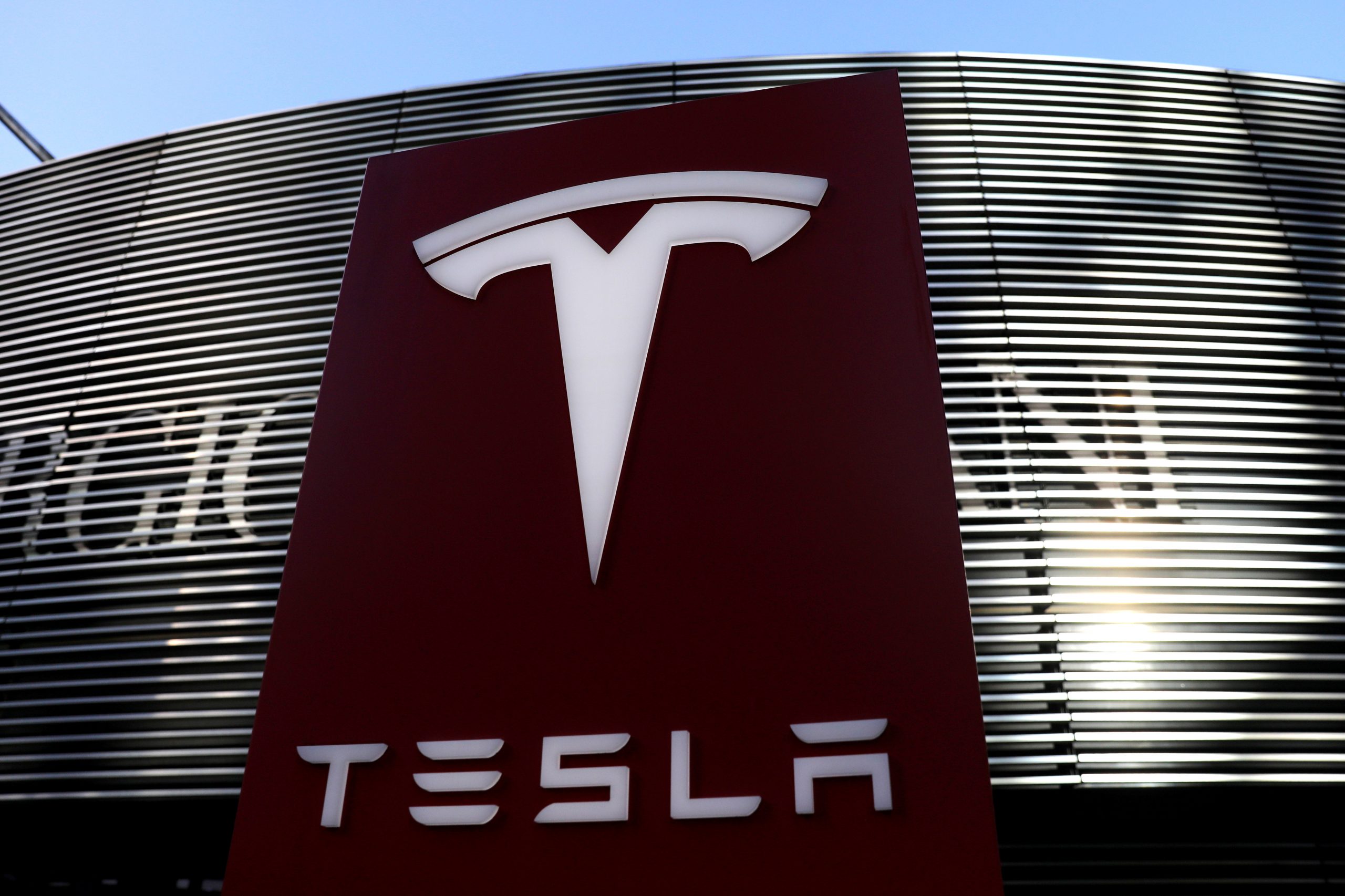
Justin Bullock, FISM News
[elfsight_social_share_buttons id=”1″]
Tesla has recently experienced some controversy and increased scrutiny as the public and automobile safety rating agencies have expressed concerns about mechanical failures in Tesla vehicles and the dangerous driving Tesla automation technology incentivizes.
In particular a Tesla Model S was in a fatal wreck in Texas earlier this month due to the failure of the self-driving technology. Tesla has always received criticisms from skeptics about the effectiveness of its self-driving technology and even more criticism of the incentivizing of the bad driving such technology encourages in Tesla owners. As a result Tesla is introducing an additional feature to assure that Tesla drivers are paying attention to the road.
Previously, Tesla had a safety system associated with the steering wheel in Tesla vehicles where an alarm would go off and the vehicle would slowly come to a stop if the driver failed to maintain contact with the steering wheel for an extended period of time. Now, Tesla is introducing an additional safety measure through camera monitoring of drivers through a camera located above the rear-view mirror. The camera would be able to record drivers and determine if they were still paying attention to the road even when the self-driving function was enabled. This transition also comes with a shift in the self-driving technology away from radar based systems to camera based systems.
In response to an increase of crashes and these changes, a number of vehicle safety rating agencies have lowered the safety rating of Tesla vehicles across the board. In addition, many Americans are expressing significant concerns with respect to privacy as Tesla introduces camera monitoring. These concerns are based in the fact that Tesla’s camera monitoring system involve actual recording of drivers, and Tesla owners will have to manually disable data sharing in the vehicle’s settings in order to prevent these recordings from being documented by Tesla. Tesla’s camera monitoring is also different from other electric vehicle brands in that other electric car makers like BMW and Ford, among others, use a closed-loop system in their vehicles where no monitoring recordings can possibly leave the vehicle.
John Davisson, senior counsel at the Electronic Privacy Information Center (EPIC), told Consumer Reports,
Any time video is being recorded, it can be accessed later… There may be legal protections around who can access it and how, but there’s always the possibility that insurance companies, police, regulators, and other parties in accidents will be able to obtain that data… I think there’s reason to distrust that this is the whole intended purpose of the system on Tesla’s part… It may later be repurposed for a system that is designed to track the behaviors of the driver, potentially for other business purposes.
Mr. Davisson further noted that even malicious actors could potentially find ways to access Tesla’s recordings.
Consumer Reports Manager of Safety Policy, William Wallace, echoed these concerns saying,
Advanced features in cars can bring consumers enormous benefits, but it’s important for our laws to make sure that automakers put people ahead of their bottom line. Automotive innovation must come hand-in-hand with strong and sensible consumer protections.
In response many state governments are considering introducing legislation that would protect American’s privacy by preventing surveillance technology, like that being used by Tesla, from being installed in vehicles.
Americans are enamored with the new and futuristic technology of the 21st century, but with the development of this technology comes the responsibility of creating law and policy to ensure that timeless American values are preserved for current and future generations.
